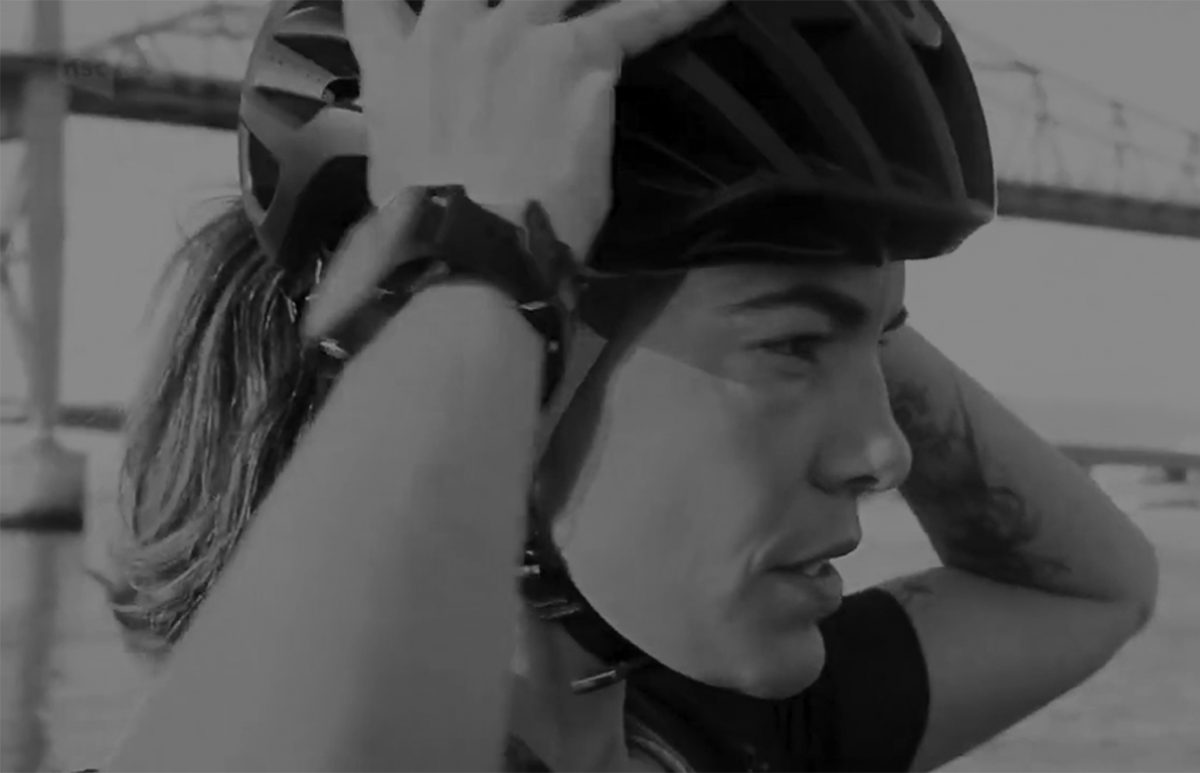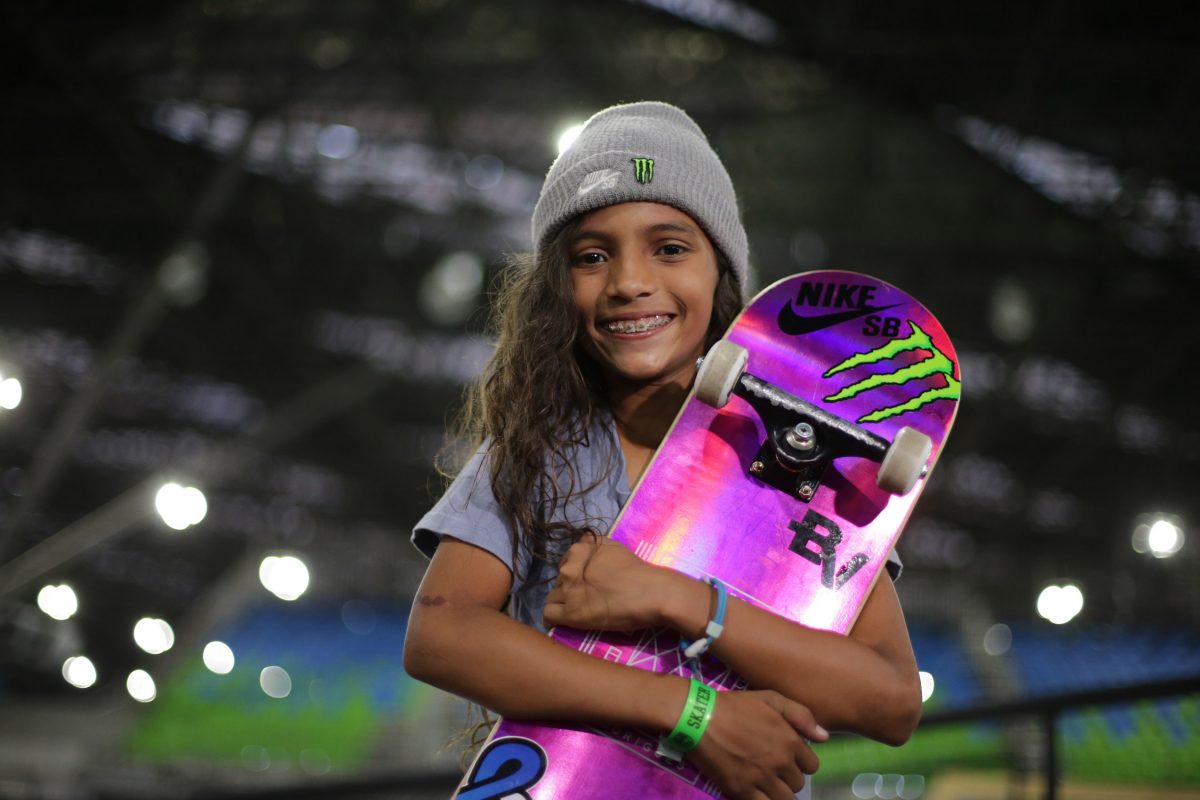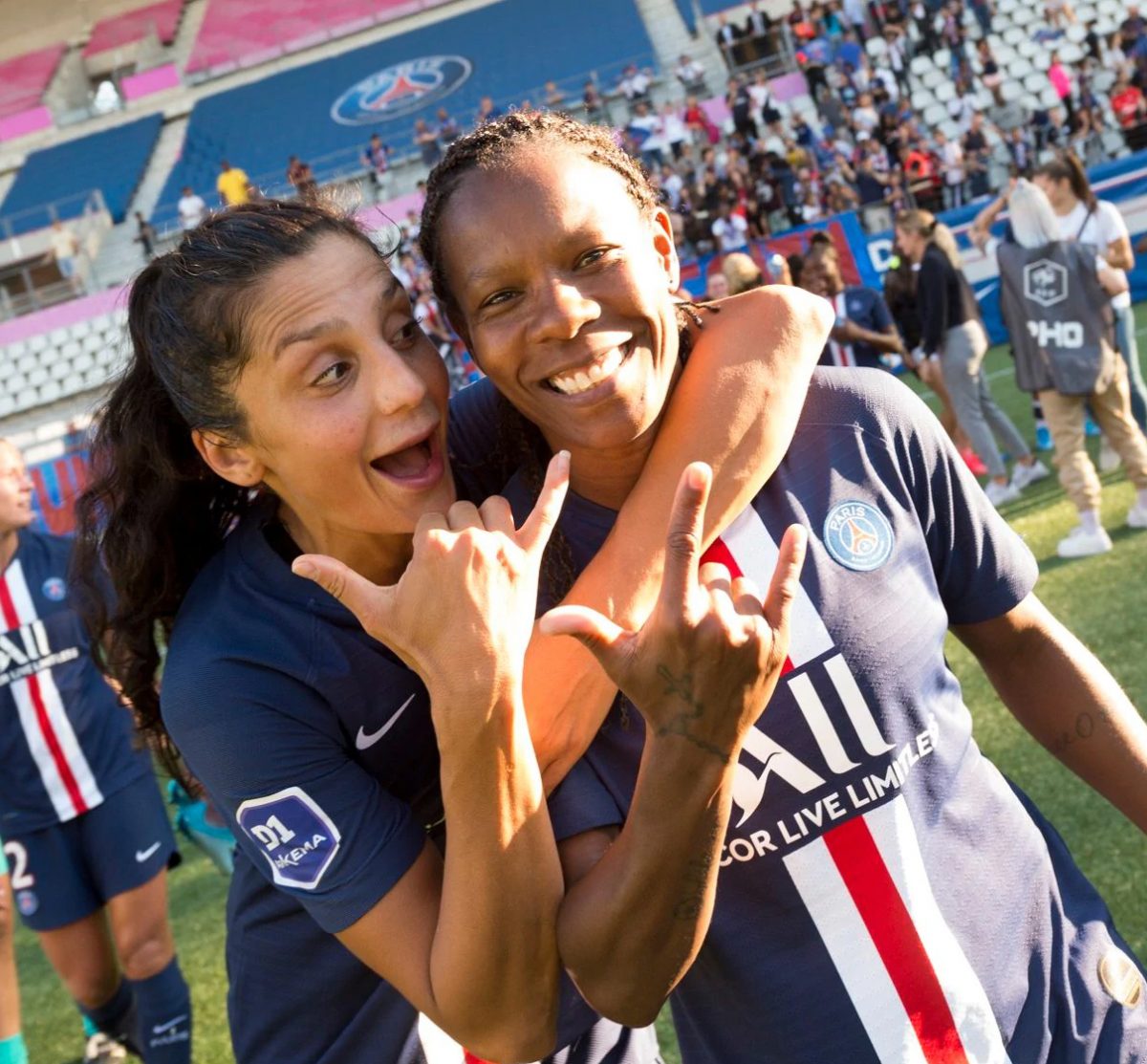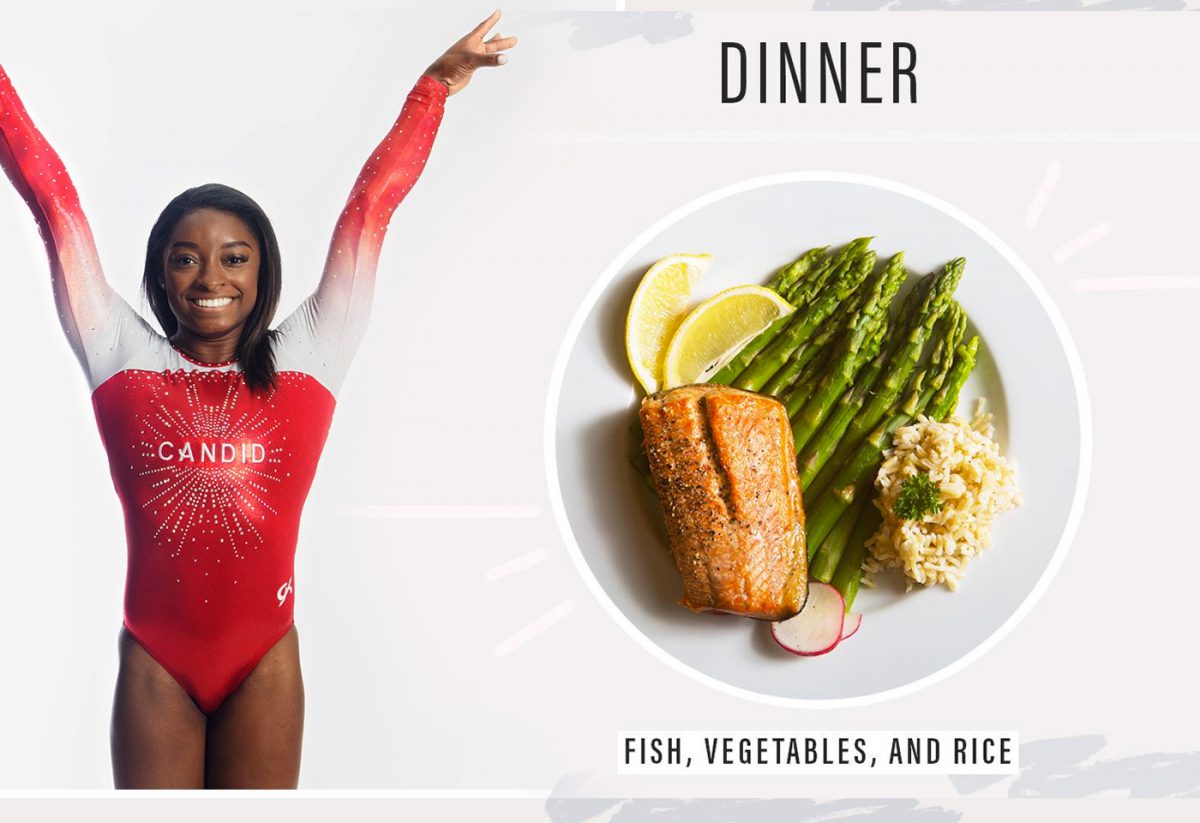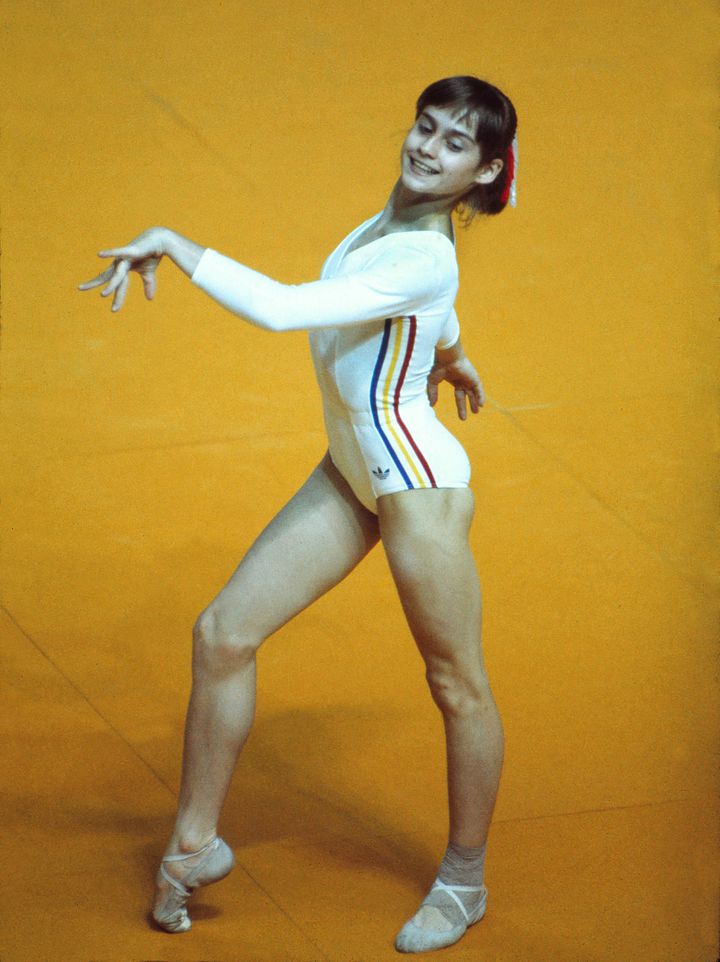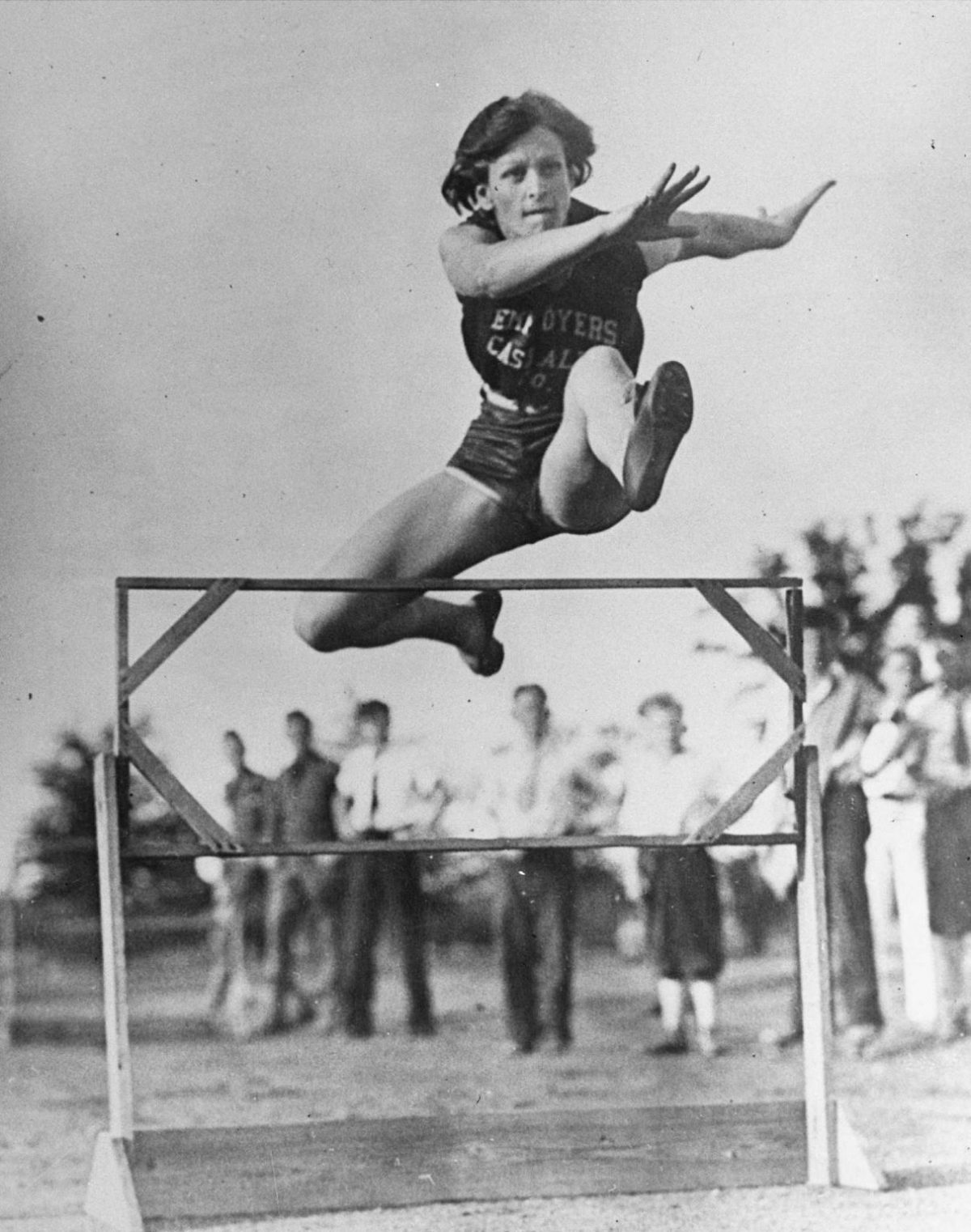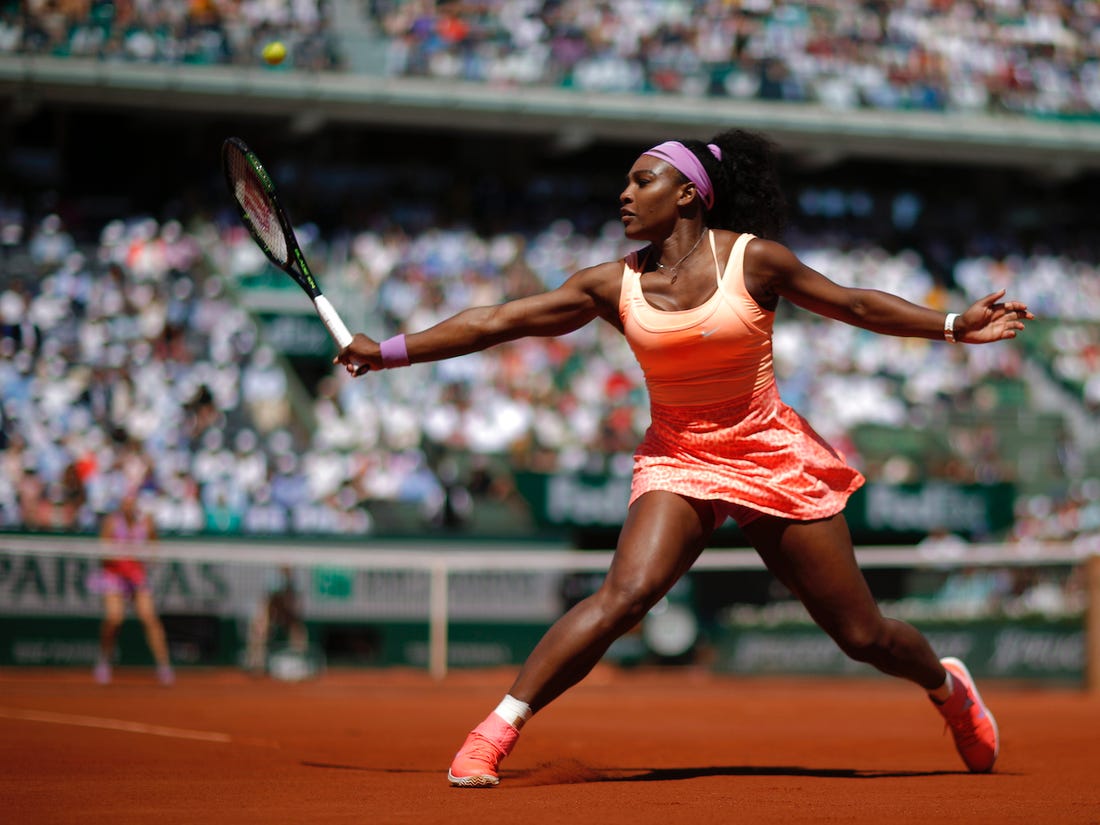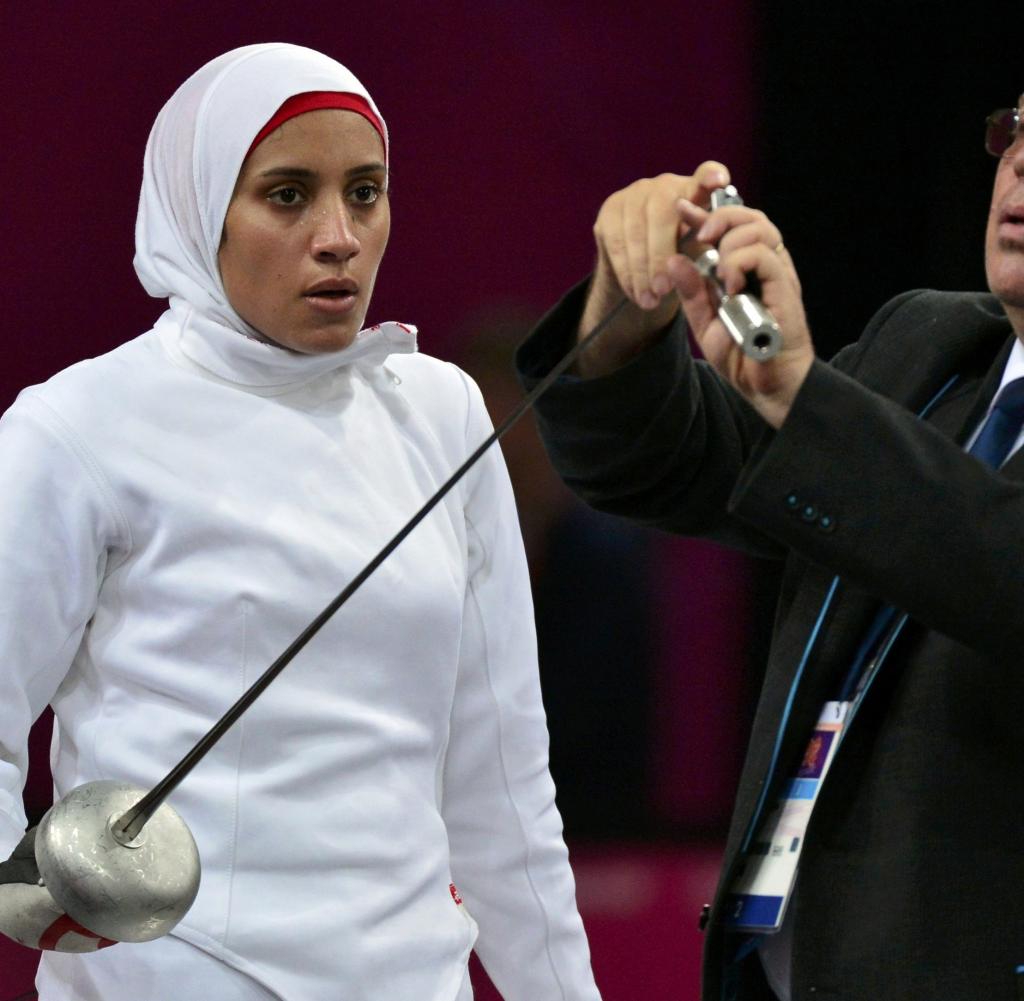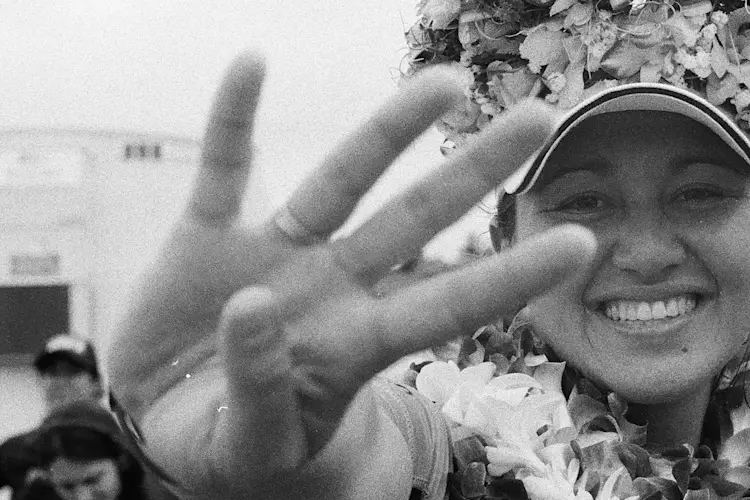A confiança elevada e o discurso maduro de Rayssa contrastam com o jeito de menina, seja no sorriso espontâneo ou na disposição de manter o skate como uma brincadeira em sua vida
The Olympics may have been a little more distant. But, even with the postponement of the Tokyo Games, Rayssa Leal will be only 13 years old in 2021 and, if he wins the Olympic spot, he will be one of the youngest in history in the mega sports event. Now 12, the Brazilian skater divides her time between being a child and having adult dreams. It reconciles the typical games of age and studies with international training and competitions.
“I think about being there with my family, seeing everyone playing and cheering for us Brazilians”, says the girl to the State, projecting the Olympics. “Brazil is very strong on skateboarding. The girls and the guys are also walking a lot. So, I think it will definitely give us a gold medal.”
Rayssa’s high confidence and mature speech contrast with her girlishness, whether in her spontaneous smile or her willingness to keep skateboarding as a joke in her life. But, even in the pursuit of fun, she does not neglect her ambition to become a professional. “Whenever there is a joke, one level goes up, you start to learn more maneuvers. You always end up improving the level even to train,” he says.
The level, in fact, has been improving more and more. Since he emerged on social networks in 2015, when he was successful precisely in this contrast between childhood and radical maneuvers (he even earned the nickname “skate fairy” for wearing a costume), Rayssa has been shining in international competitions. Today it is one of the best in the world in Street mode. And she gets praise even from sports legends, like the American Tony Hawk, with whom she was in Berlin in February, when she was nominated for the Laureus Award, the “Oscar of the sport”.
At the time, the young Brazilian woman was reaping the fruits of fame. She was often surrounded by children and even teenagers. Without looking dazzled by the harassment and the good results, Rayssa says she is used to the fans. “It’s very good to be inspiring children from all over the world. And it’s really cool when they come to ask to take a picture. I keep thinking: ‘my God, look at the child coming to ask me for a photo,” says the 12-year-old girl.
If she behaves almost like an adult on the international circuit, the Maranhão woman lives her childish side in the small town of Imperatriz. There he plays football and handball, his other favorite sports, with his friends. And he goes to school between trips. “Always when I’m traveling, I take my school supplies and my notebook to study. The school always helps me with exams. I take the content, study and take the exam when I get home.”
Rayssa’s rapid success did not just change his routine at school. His family needed to adapt to travel and competitions, especially after skateboarding was made official as a new modality in the Olympic program.
“Two years ago everything changed in our life. We had to quit everything to work with it,” says the mother of the skater, Lilian Mendes, 28. The father had to quit his job as a glazier to look after Rayssa’s younger brother, five. “There was no way for us to reconcile work with travel. Usually, I am the one who travels. The father goes sometimes, when I need to be with the little one. My job now is just to accompany herself.”
It is Rayssa’s awards and sponsorships that support the family. “And there is also the help of the COB (Brazilian Olympic Committee). Thank God it is enough to compete and travel,” explains Lilian to the State.
In her assessment, the young athlete, despite her early maturity, is not yet old enough to be aware of the meaning of competing in an Olympics. “Sometimes we say that she still has no idea what’s going on with her. She takes everything very seriously, this great responsibility of being at the Olympics has not yet hit her in the head. But she is hallucinated when she talks about the Olympics. Want very winning the place ”
In these two years that Rayssa emerged to the world, the mother estimates that skateboarding brought other benefits to the girl. “Today she is very loose. Before, she was very ashamed. She couldn’t give an interview. If she asked anything, she just said ‘yes’ or ‘no’. Now she interacts more with everyone. Skateboarding has helped a lot. people are even a little scared by the change. ”
Given the new responsibilities, the athlete has been receiving psychological support, says the mother. “She is accompanied by the selection psychologist. The psychologist has been doing a very nice job with Rayssa. We don’t have a personal contact with her. But Rayssa makes video calls and has helped a lot.”
